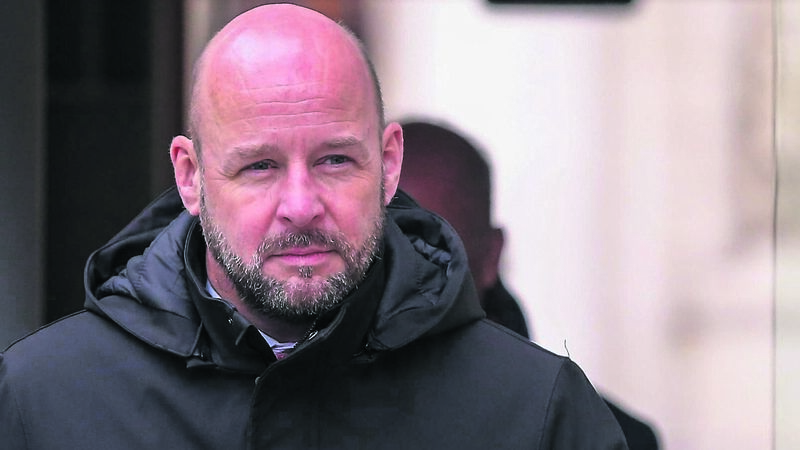Mick Clifford: Christmas is cancelled? Have some perspective

Philip Nolan and his Nphet colleagues are all but begging people to abide by the new norms of distancing, isolation, and hygiene — and it is all for our own benefit. Picture: Damien Storan
Christmas may not be coming.
So went one line of this week’s pandemic narrative. Would the decorations survive an extra twelve months in storage?












